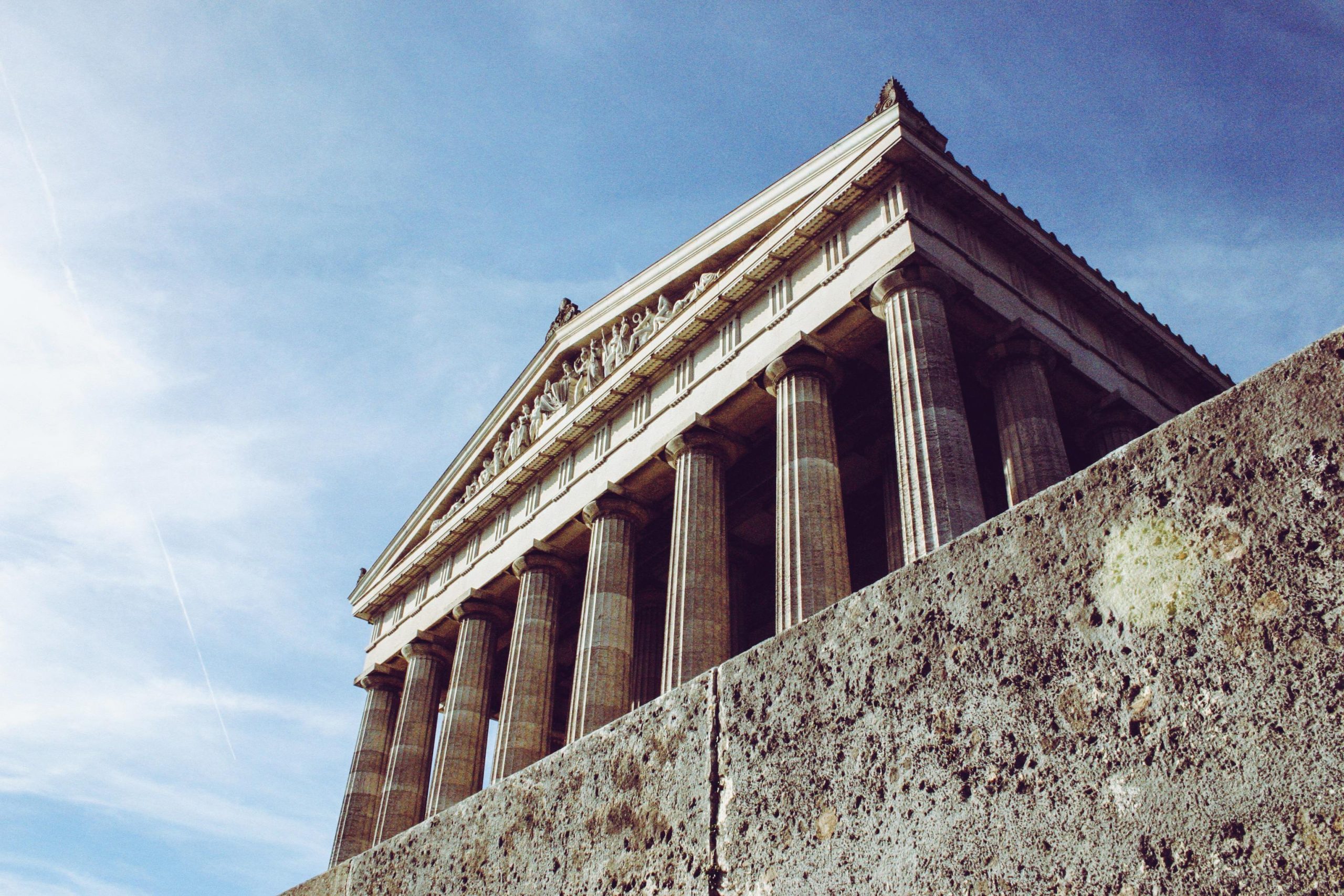The Skepticism Surrounding Western History: A Look at Conspiracy Theories in China
In the realm of historical discourse, there exists a fascinating conundrum involving varying perceptions of history across cultures. One particularly notable example stems from a conspiracy theory in China that asserts much of Western history, particularly that pertaining to ancient civilizations, is largely fabricated. This belief calls into question the authenticity of historical narratives surrounding Ancient Rome, Greece, and Egypt.
The Roots of Historical Skepticism
The origins of this skepticism can be traced back to various sources, including political rhetoric, cultural pride, and differing educational perspectives. In recent years, with the rise of the internet and social media, fringe theories have gained traction, allowing individuals to challenge established historical accounts. For some in China, it is believed that the sophistication of ancient Greek sculptures and architecture contradicts the capabilities of the time. This notion suggests that the artifacts are “too refined” to have been created in the context of their purported historical timelines.
Cultural Pride and Historical Narratives
This perspective reveals a deeper cultural sentiment. Many Chinese thinkers advocate for a reexamination of historical achievements, suggesting that Western narratives often overshadow significant accomplishments of Eastern civilizations. The grandeur of the Chinese dynasties, with their impressive architectural feats and contributions to philosophy and governance, offers an alternative historical tapestry that some argue has been marginalized or overlooked.
The Role of Interpretation in History
It is essential to recognize that history is not a fixed entity but rather a collection of narratives shaped by perspective and interpretation. While conspiracy theories can often lead to misunderstanding, they also serve as an opportunity for dialogue and reflection on how history has been recorded and taught. For instance, the complexities of cross-cultural interactions in antiquity often reveal that societies influenced one another in ways that contemporary narratives might not fully capture.
Engaging with Diverse Perspectives
To foster a comprehensive understanding of history, it is vital to engage with diverse perspectives. This involves not only critically examining prominent historical narratives but also appreciating the rich tapestry of human achievement that spans cultures and time periods. By promoting open discussions and interdisciplinary research, we can bridge the gap between different historical interpretations and cultivate a more nuanced appreciation of our shared humanity.
Conclusion
As we navigate the layers of historical discourse, it is crucial to remain aware of the different views that shape our understanding of the past. The conspiracy theories emerging in China regarding Western history reflect broader themes of identity, pride, and the quest for truth in the face of complex



